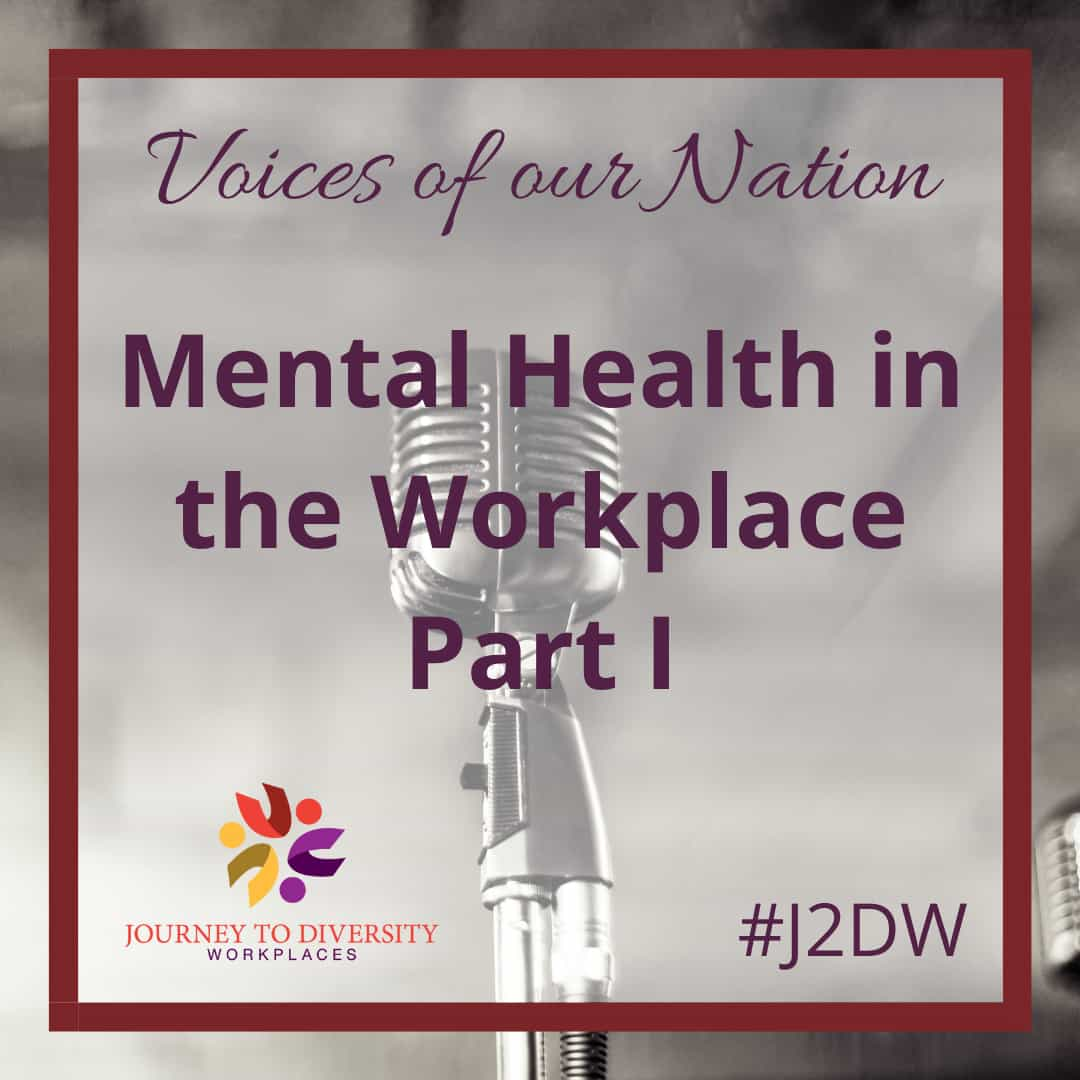Disclaimer: There will be two parts to the “Mental Health & Its Impact in the Workplace” blog. The first part consists of the overarching “issue” and why it is important to address mental health in our day to day work environments. The second part will consist of physical and mental strategies I would like to see incorporated into the hussle of a 9-5 culture.
You awake to the unsettling pounding of your alarm at 7am sharp but to your surprise it is 8:32. Running fashionably late to work, you throw on your attire that, may I mention, was more wrinkled than your fingers after a 40-minute bath. Why? Lack of motivation to iron your clothing stemming from the depression you acquired constantly pondering on your miserable, repetitive lifestyle . Okay, you’re out the door and into the car, but as traffic seamlessly pursues the idea of being late you’re lost in your thoughts. “Oh no, I forgot to eat breakfast” , “will I have enough money to feed myself this week” , “shoot! My brother’s birthday is next Saturday and I haven’t gotten him a gift” . Just like that you find yourself stressed, on top of the depression, anxiety, and eating addiction you have been fighting to overcome for the last few months. These thoughts eat away at you throughout your work day, and because you have been so caught up in all the things you have done wrong, you realize your boss wanted a project done you completely abandoned.
Many of us spend a majority of our lives at work, and struggling with a mental illness can be extremely difficult to recognize in our coworkers, and even in ourselves. Worldwide, an estimated 264 million people suffer from depression, in which many of these people also suffer from related symptoms/illnesses. What I found particularly interesting was that depression and anxiety disorders alone cost the global economy $1 trillion each year in lost productivity (World Health Organization 1), yet the leaders of our workplaces are doing little to nothing to improve this number. When mental health is not prioritized, poor communication and management practices, limited participation in decision making, and even the disregarding of health and safety protocols all become prevalent in a work environment that multiple individuals share. Quite frankly, If I am someone who has been struggling with anxiety over a drastic life decision awaiting response, why would I want to contribute to a decision that only affects a job I can not wait to get home from every night. Similarly, if I am someone who has been struggling with persistent suicidal thoughts, I may choose not to abide by the safety protocols in my workplace which puts everyone in danger. Now more than ever, mental health needs to be accommodated. Due to the recent events of the COVID-19 pandemic, people were trapped in their households and coming back to work can be a difficult transition for those that have completely altered their lifestyle, and have been able to hide away from the outside world.
My mother has worked in the mental health field for 20+ years, and whenever she gets home from work I often find myself wondering, has she been taken care of by her coworkers in an environment where she is constantly fighting to protect the will of other people’s lives? I spoke to her recently and she explained to me how different not just the performance of employees, but the attitude of the employees could be if there were more mental health practices implemented in the workplace which I will talk further about in part two. She said that her team is so focused on helping other people, that it is so easy to ignore the problems she may be experiencing that day. I have witnessed first hand that mental health workers are taught to not allow their own internal issues clash with the work they do for others, rightfully so, but these experts are just as vulnerable to the feelings of depression, anxiety, addiction etc. and often that is disregarded by head staff.
The most important takeaway here is that poor mental health not only hurts employees, it also reduces in-house profit. We are all extremely different as individuals, and one of us may be struggling much more than our desk buddy, so it is vital to recognize there is no one “right way” to create a mentally healthy workplace because every workplace is different. Maybe you work for a big law firm where you are constantly being thrown tasks, or maybe you work at a small journaling company, virtually where you have a flexible schedule, educating all staff members about the importance of psychological health in the workplace is equally as important across the board.
In part two I will dive into some activities/practices all workplaces can implement into the day to day chaos of a 9-5 luxury.
SOURCES
World Health Organization. (n.d.). Mental health in the Workplace. World Health Organization. Retrieved July 10, 2022, from https://www.who.int/teams/mental-health-and-substance-use/promotion-prevention/mental-health-in-the-workplace
This article was written by summer student Bayden Summers and edited by summer student Ilesha Prabhudesai. This article was funded by the Government of Canada.


